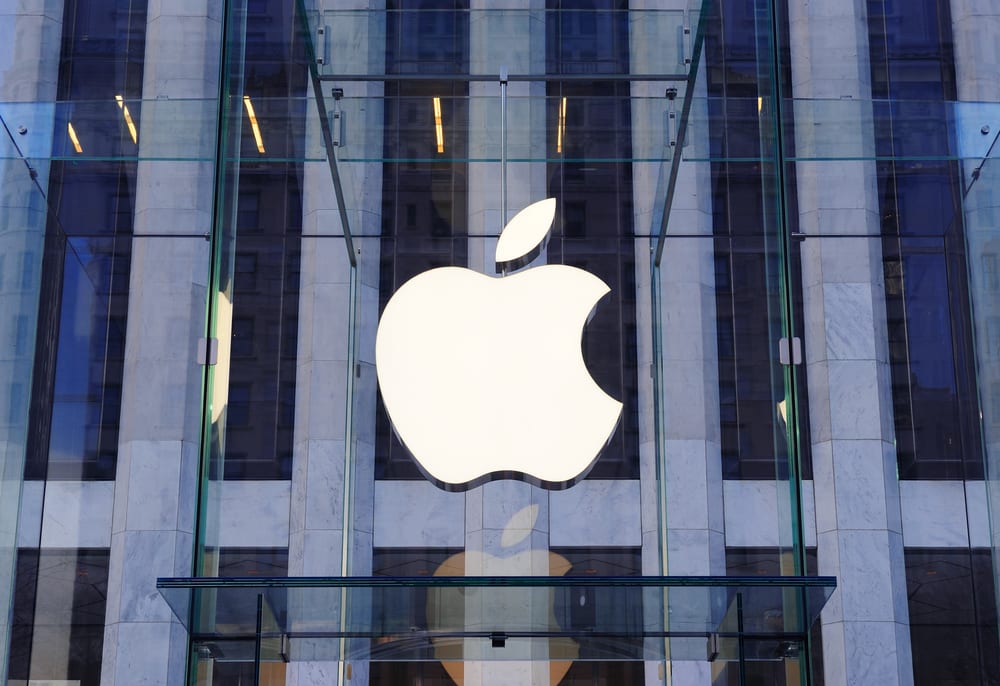June 10, 2013 was a big announcement day for Apple at its Worldwide Developers Conference. Frankly, it was a strange spectacle to me. There was Apple announcing upgrades; not new exciting technologies to dazzle the industry!
For iTunes, it was at last an announcement of iTunes Radio, designed to try to compete with the likes of well-established streaming music and radio services like Spotify and Pandora, each of which were launched several years ago. In regard to the operating system changes to the iPhone, here is the lead sentence that Wall Street Journal writer Greg Bensinger used to describe them: “The software has new fonts and more colors and will feature the new service called iTunes Radio.” New fonts!
iTunes
Sticking with iTunes for a moment, a few weeks ago a business periodical cited the case of a recent college graduate who had amassed an iTunes library of more than 3,500 songs. Interestingly, in the last twelve months she barely touched that library she had paid about $3,500 for ( at 99 cents a song). Instead, she now pays $10/month to Spotify, where she listens to her recently-selected 665-song playlist she has access to from her phone, tablet, pc, and her home entertainment system. Also she can download it for when she is offline. She can refresh/increase that playlist any time she wants…all for $10/month.
Apple’s iTunes service opened in April, 2003, and until the past few years, it has been a raging success. Driven by the incredibly successful iPod, and later iPhone, iTunes truly became the Internet’s de facto music store, accounting for 69% of digital U.S. music sales at its peak in 2010.
In the past few years, iTunes’ share of the U.S. digital music market has been in decline, an in a threat to the entire digital music market, services like Spotify, Rdio, and Rhapsody have enrolled millions of subscribers who take advantage of their streaming services, a feature that iTunes doesn’t have. While 99 cents a song is cheap, for listeners who regularly want new music, like the example of the recent college graduate cited above, it can be much more expensive than the low monthly fees at the music streaming websites. How could Apple, the LeBron James of technology for the past several years, miss streaming?
Additionally, Ted Cohen, a recording industry consultant and former digital chief for EMI Music, believes that an additional problem for iTunes is the website has become outdated and boring, commenting “ There’s no emotion; there is nothing on iTunes’ store today that gives anyone the impetus to buy something.”
There are some very important principles in this Apple story that leaders often have big problems adhering to:
# 1. Never miss an inflection point
An inflection point is a set of new technologies, or some significant changes in consumer habits or practices, that dramatically alter the landscape of what your organization does.
Besides the Apple example above, missing streaming music and radio, there are many others. While Kodak had all the early patents on digital photography, and did a lot of testing to learn what was possible, they missed taking the lead in the marketplace in developing a business model that would enable it to jump out in front and become the digital photography leader. Blackberry committed the same sin. They basically brought the smartphone to the marketplace, but then failed to exploit the inflection point represented by touchscreens and downloadable apps.
# 2. You may have to be cannibalizing yourself
With a serious inflection point, either you seize it, or your competition will. Yes, it may throw you current business model or business practices into a tizzy, but the option of doing basically nothing will lead to disaster!
# 3. Beware of experienced people
People who have worked in an area for a long time develop real pride in their skills and what they have accomplished. The likelihood is very low of such folks leading the way to exploit an inflection point that dramatically changes their work. Self-confidence and success in an area often ends up being a security blanket that an individual fears giving up.
Apple’s failure to innovate is surprising, and it is becoming quite clear that Apple’s leading edge reputation is beginning to seriously atrophy due to the leadership change driven by the death of Steve Jobs.
Did you like this article?

- Please share it with your network, we’d really appreciate it!
- Would you like to write for Tweak Your Biz? Or sign up for our RSS?
- An outstanding title can increase tweets, Facebook Likes, and visitor traffic by 50% or more. Generate great titles for your articles and blog posts with the Tweak Your Biz Title Generator.
Connect with Tweak Your Biz on: 


Images: ”New York City, NY, – Dec 30: Apple Store Logo / Shutterstock.com“


